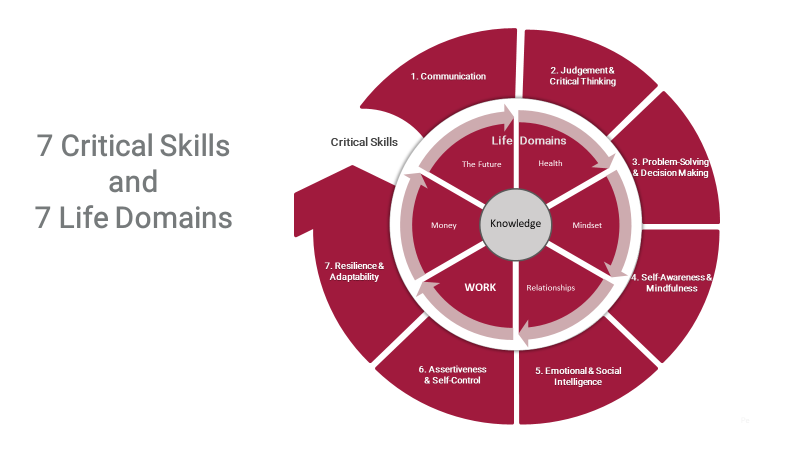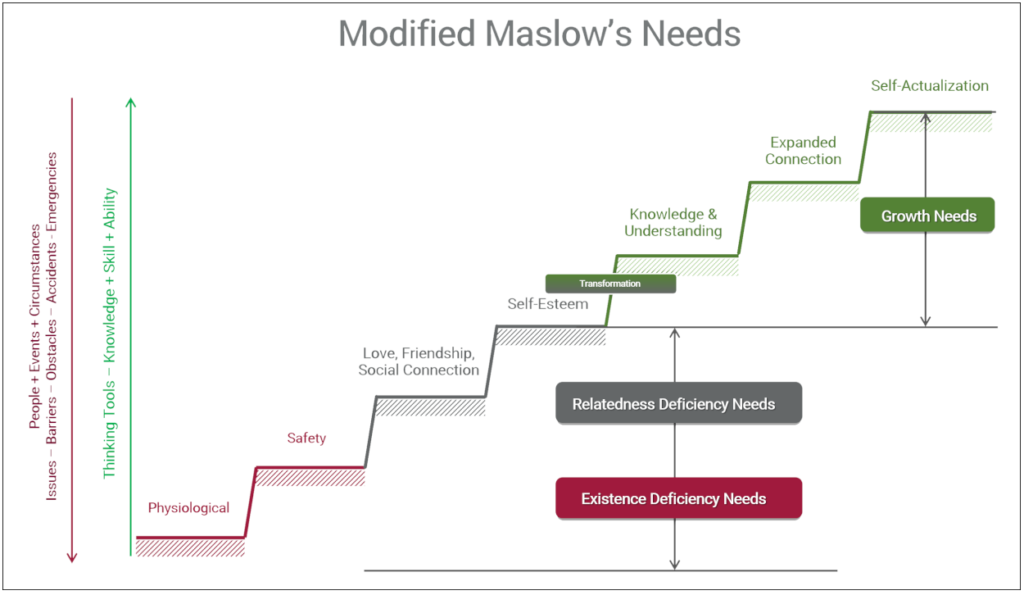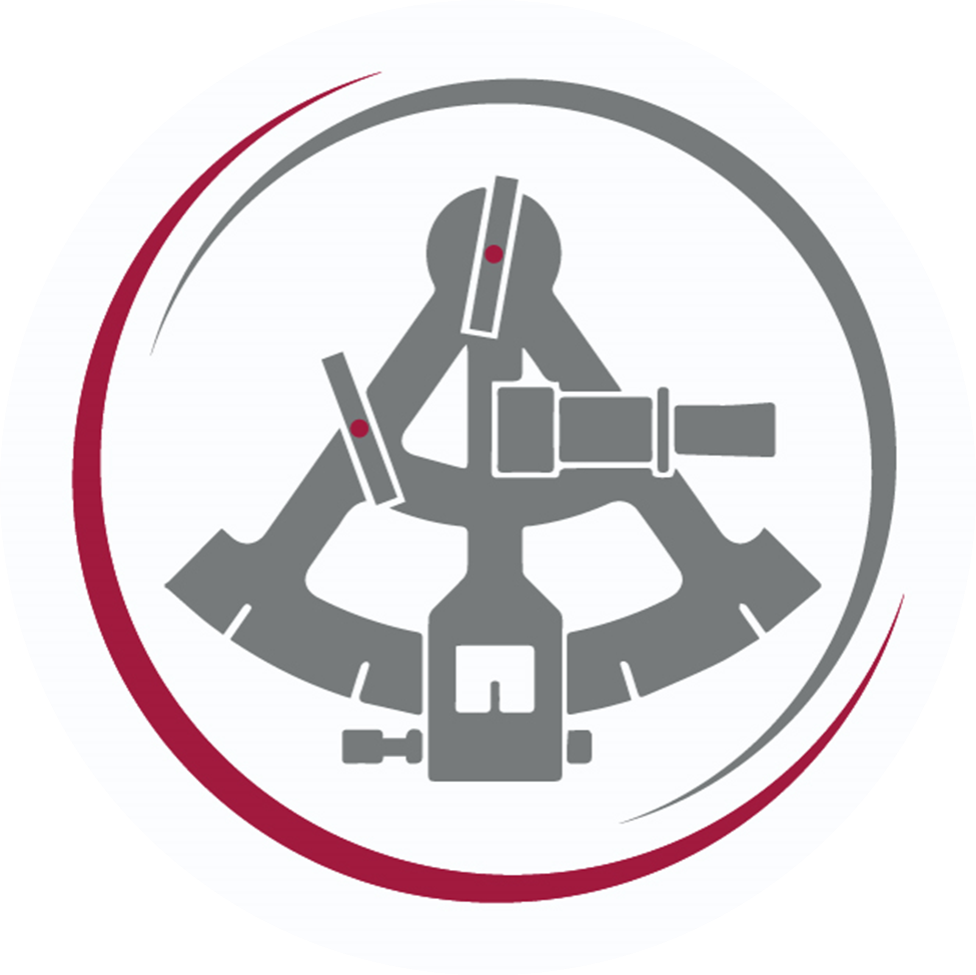Consulting Psychology
& Thinking Tools Training
Ideas, Advice, and Information to Help You Have a Better Now and Build a Better Future.

The What, the Why, and the Upshot of Consulting Psychology
The What – I help people improve their level of knowledge, skills, and abilities in seven of the most critical life navigation skills and how they apply those skills in the workplace.
The Why – When employees gain more knowledge, skills, and abilities in these seven key areas, they can contribute to a more productive, efficient, and harmonious workplace, leading to higher levels of employee engagement, retention, and overall business success. As your employees succeed more, the company succeeds more.
And the Upshot – As a consulting psychologist, I help clients address a range of issues. Every organization that strives for growth and success will face problems and challenges in areas such as employee selection and development, performance assessment, coaching, change management, communications, decision-making, judgment, critical thinking, leadership development, and more. I provide guidance and support in these areas, using psychological theories and methods to help you improve your workplace culture, maximize employee potential, and achieve your organizational goals.



Thinking Tools
Thinking tools are methods, techniques, or approaches used to improve and enhance the quality of thinking, problem-solving, decision-making, and information analysis. They are mental instruments that help structure thoughts and ideas more effectively and efficiently, enabling individuals and organizations to generate insights and come up with solutions that may have been difficult to find.
Thinking tools can be categorized into various groups, including conceptual frameworks, visual aids, and methodologies. They can be used in many contexts, including education, business, science, and personal development.
The thinking tools listed above are powerful tools that can help individuals and organizations approach problems and challenges more flexibly and structured. They can unlock creativity, enhance efficiency, and ultimately lead to more effective decision-making and problem-solving.
Results and Outcomes
Here are some benefits to businesses when employees have knowledge, skills, and abilities in communication, decision-making, critical thinking, emotional and social intelligence, self-awareness, self-control, and resiliency and adaptability:
1. Improved problem-solving: Employees with strong critical thinking and decision-making skills can more effectively analyze and resolve complex business problems, which can help companies to improve their bottom line.
2. Increased productivity: Communication is a vital aspect of the workplace. When employees have strong communication skills, they can more effectively share information, collaborate with colleagues, and complete tasks more efficiently.
3. Enhanced emotional intelligence: Employees with strong emotional intelligence can better understand and manage their own emotions and the emotions of others, leading to improved teamwork, collaboration, and overall job satisfaction.
4. Better interpersonal relationships: When employees have strong communication and emotional intelligence skills, they can develop positive relationships with colleagues, customers, and other stakeholders.
5. Improved self-awareness: Employees with strong self-awareness skills understand their own strengths and weaknesses, personal values, and can better align their career goals with the company’s objectives.
6. Greater adaptability: Employees who are resilient and adaptable can more easily navigate change, overcome obstacles, and learn from failures, leading to a more agile and responsive organization.
Overall, when employees possess knowledge, skills, and abilities in these key areas, they can contribute to a more productive, efficient, and harmonious workplace, leading to higher levels of employee engagement, retention, and overall business success.


